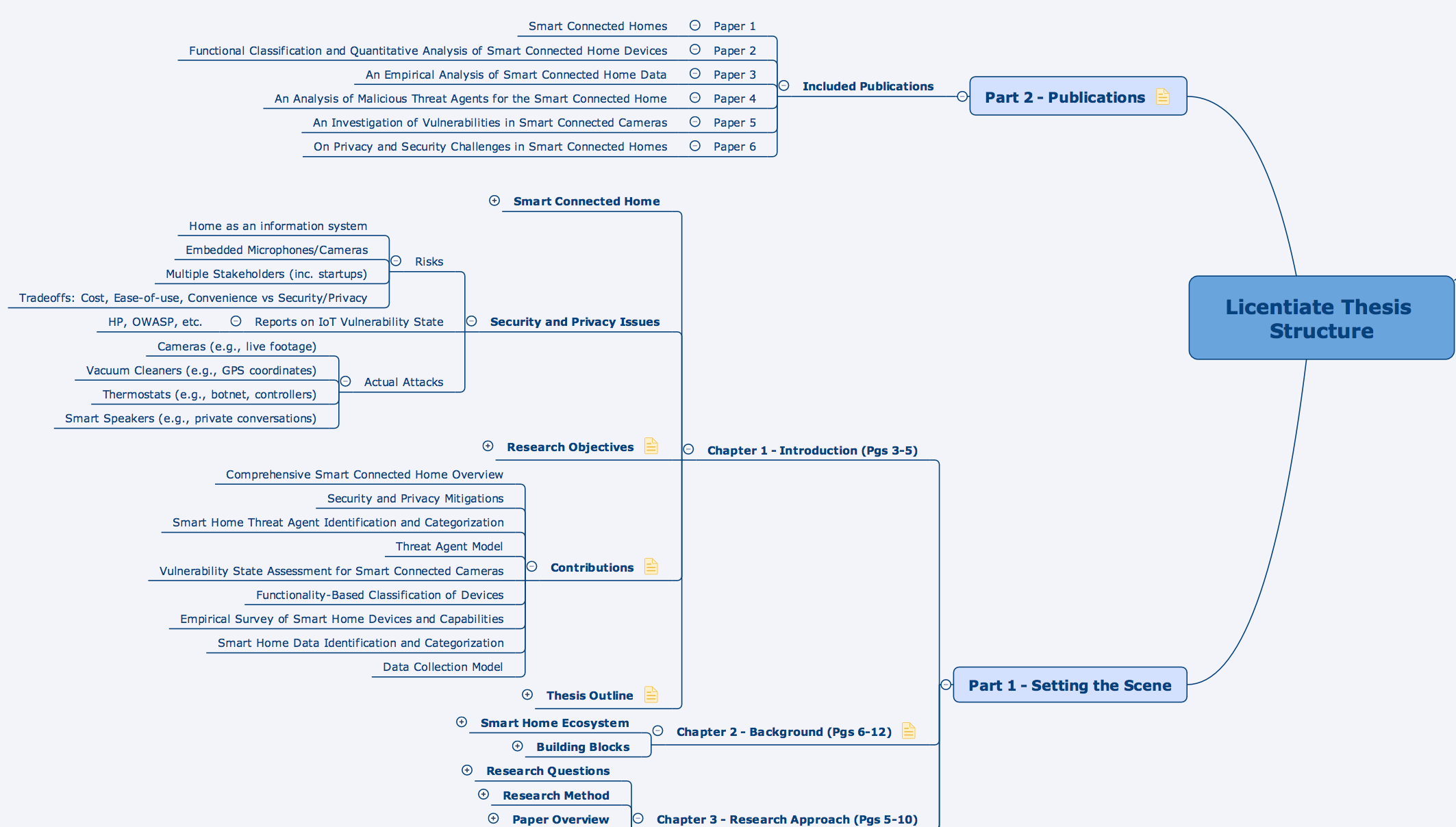Some people may say that having industry experience is essential to being a successful academic, while others may argue that it is not necessary. It is important to consider both sides of the argument before making a decision.
Those who argue that industry experience is necessary may say that it is essential in order to understand the real-world applications of your research. They may also argue that industry experience can help you build important networks and connections. Those who argue that industry experience is not necessary may say that academic research is theoretical and that real-world experience is not relevant. They may also argue that you can gain all the skills and experience you need by working in academia.

It is important to weigh both sides of the argument before deciding whether or not industry experience is necessary for you. If you are still undecided, you may want to speak to academics who have both industry experience and academic experience to get their opinion. Nonetheless, I believe that industry experience can be beneficial for academics. Here are five ways that industry experience can help you:
1. Industry experience can help you get a job. If you are looking for a job in academia, industry experience can make you a more attractive candidate. Employers will see that you have real-world experience and that you are familiar with the industry.
2. Industry experience can help you with your research. If you are doing research for your Ph.D., industry experience can be beneficial. You will probably be able to apply your research to real-world scenarios, and you will have a better understanding of the industry.
3. Industry experience can help you network. Networking is important for both your academic career and your Ph.D. studies. Industry experience can help you meet people in your field and make connections.
4. Industry experience can help you get funding. If you are applying for grants or funding for your research, industry experience can be helpful. Funding organizations will see that you have experience in the industry and that your research is relevant to the industry.
5. Industry experience can help you teach. If you are teaching at the university level, industry experience can be beneficial. Students will see that you have real-world experience and that you are familiar with the industry.
You are welcome to contact me if you are interested in learning more about my experience with this, or simply if you want to collaborate with me.


